Published on •Updated
The…
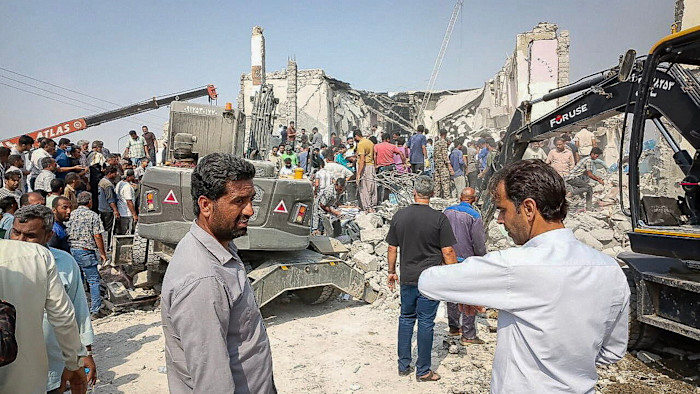
Unlock the Editor’s Digest for free
Roula Khalaf, Editor of the FT, selects her favourite stories in this weekly newsletter.
A primary school in southern Iran was struck during Saturday’s joint US-Israeli military operation, killing at least…
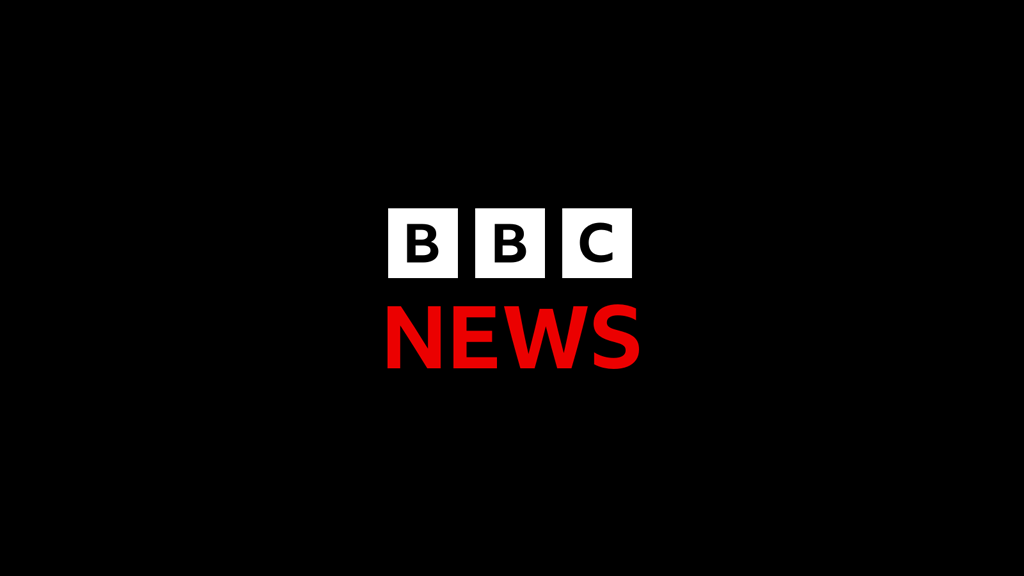
That’s all from this week’s Sunday with Laura Kuenssberg, here’s a quick reminder of what we heard:
UK Defence Secretary John…
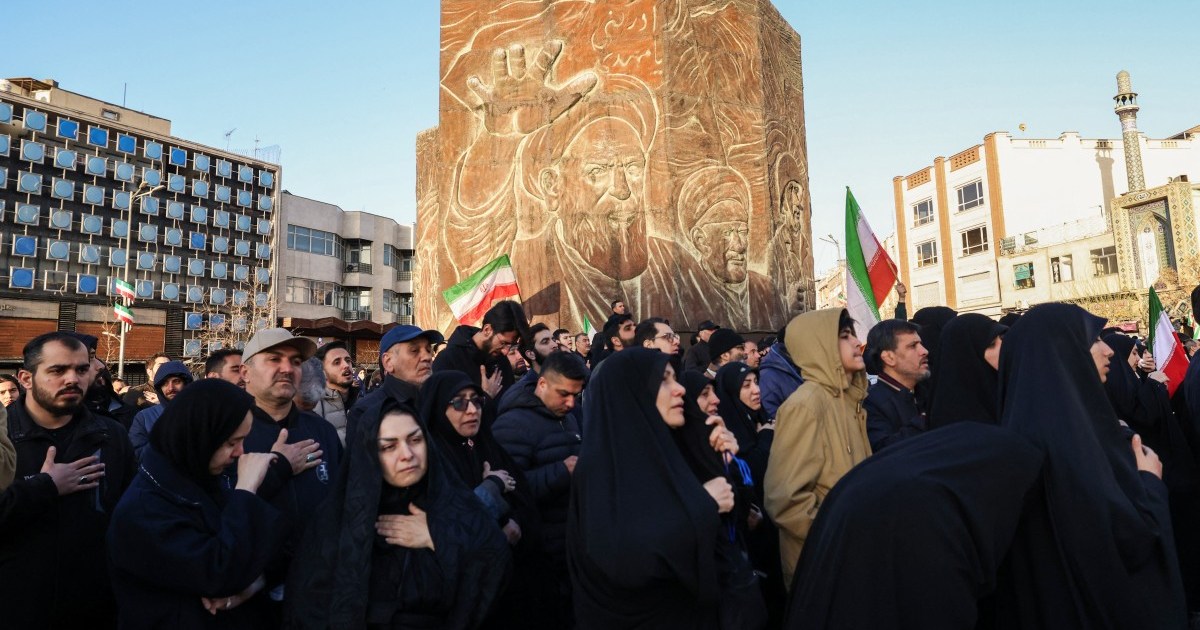
EXPLAINER
Iran carries out retaliatory attacks as supreme leader is killed in US-Israeli attacks pushing the region to the edge.
Published On 1 Mar 2026
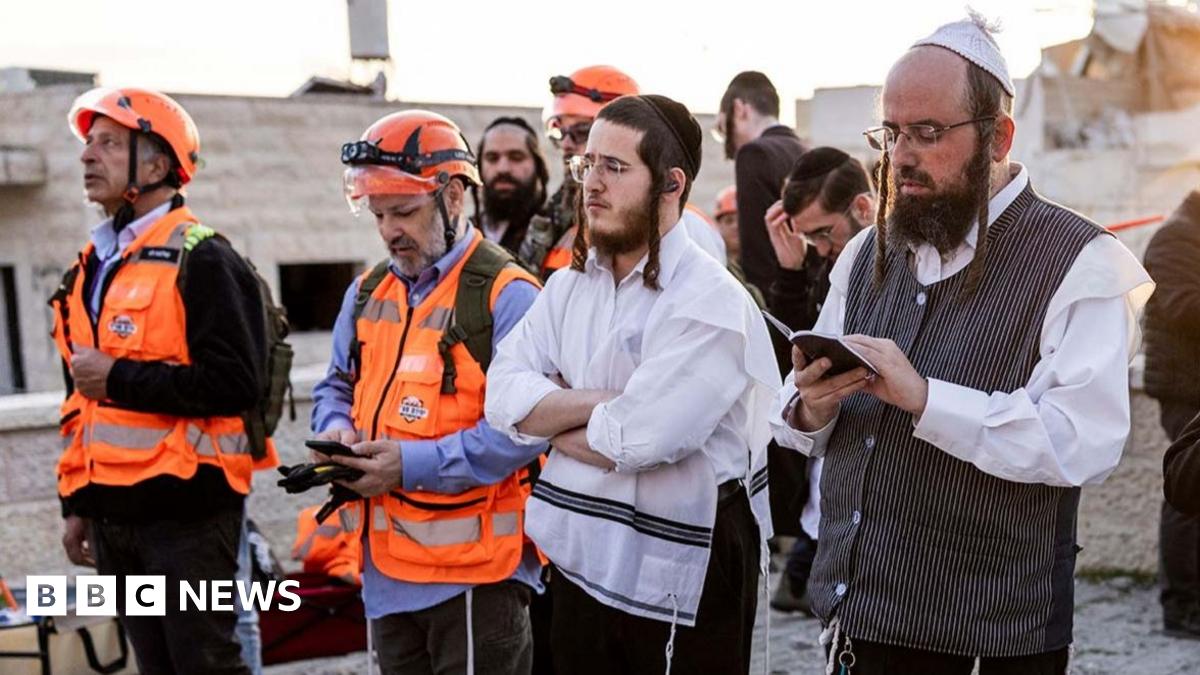
Qatar, Bahrain, Jordan and Kuwait – all home to US military bases – said they had intercepted missiles fired towards them, but falling debris appeared to have caused widespread damage.
On Sunday, a further drone strike on the US Navy’s 5th fleet…
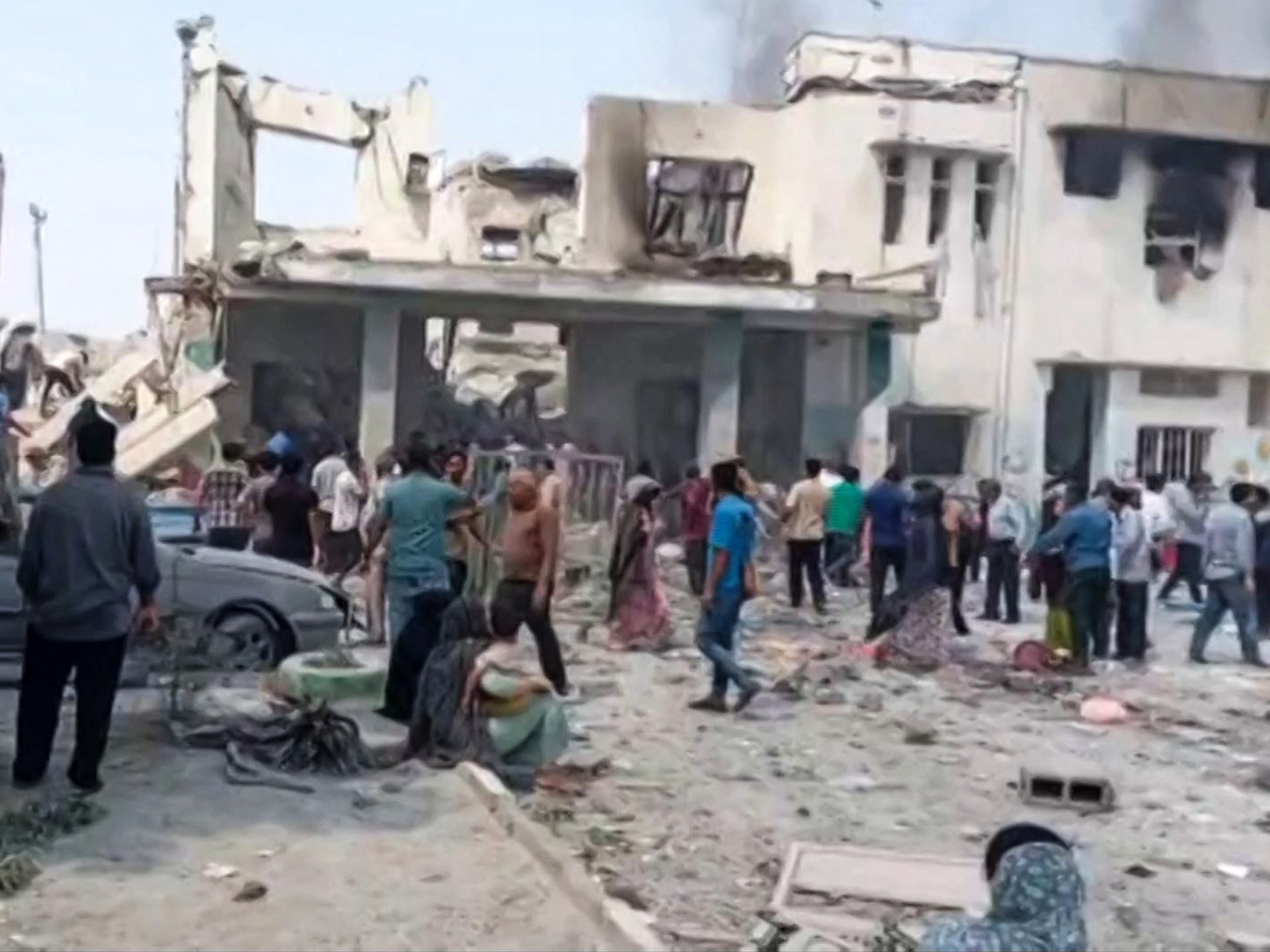
Officials reported the death toll from the attack on the Shajareh Tayyebeh girls’ elementary school in Minab.
Published On 28 Feb 2026
|
Updated: 36 minutes ago
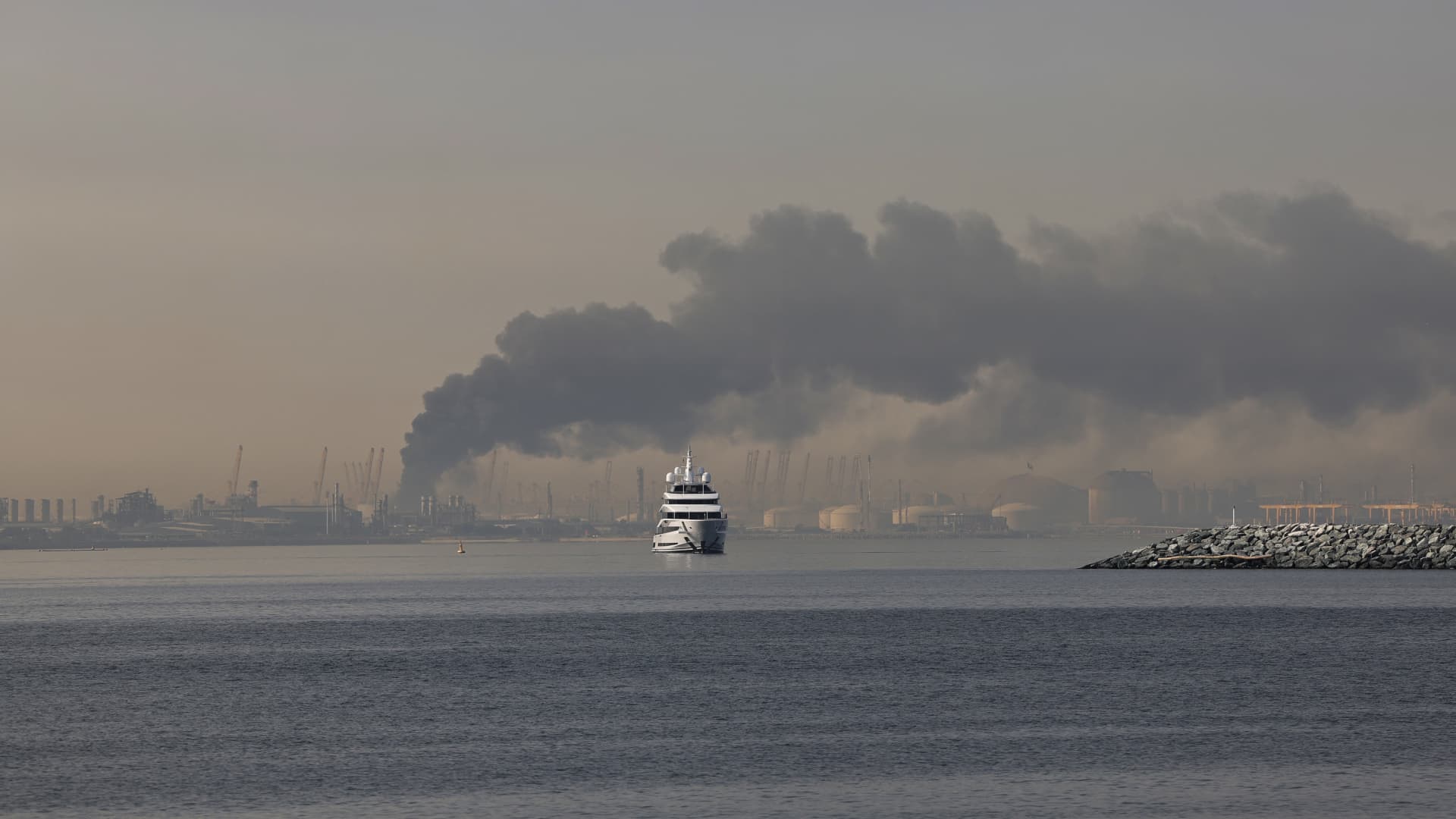
Israel said Sunday it has carried out more strikes against Iran’s government in the capital.
“The Air Force, guided by Military Intelligence, has now launched a broad wave of strikes toward…
In the final hours of his life, the regime that Iran’s supreme leader spent decades constructing stood largely alone.
At its zenith a…